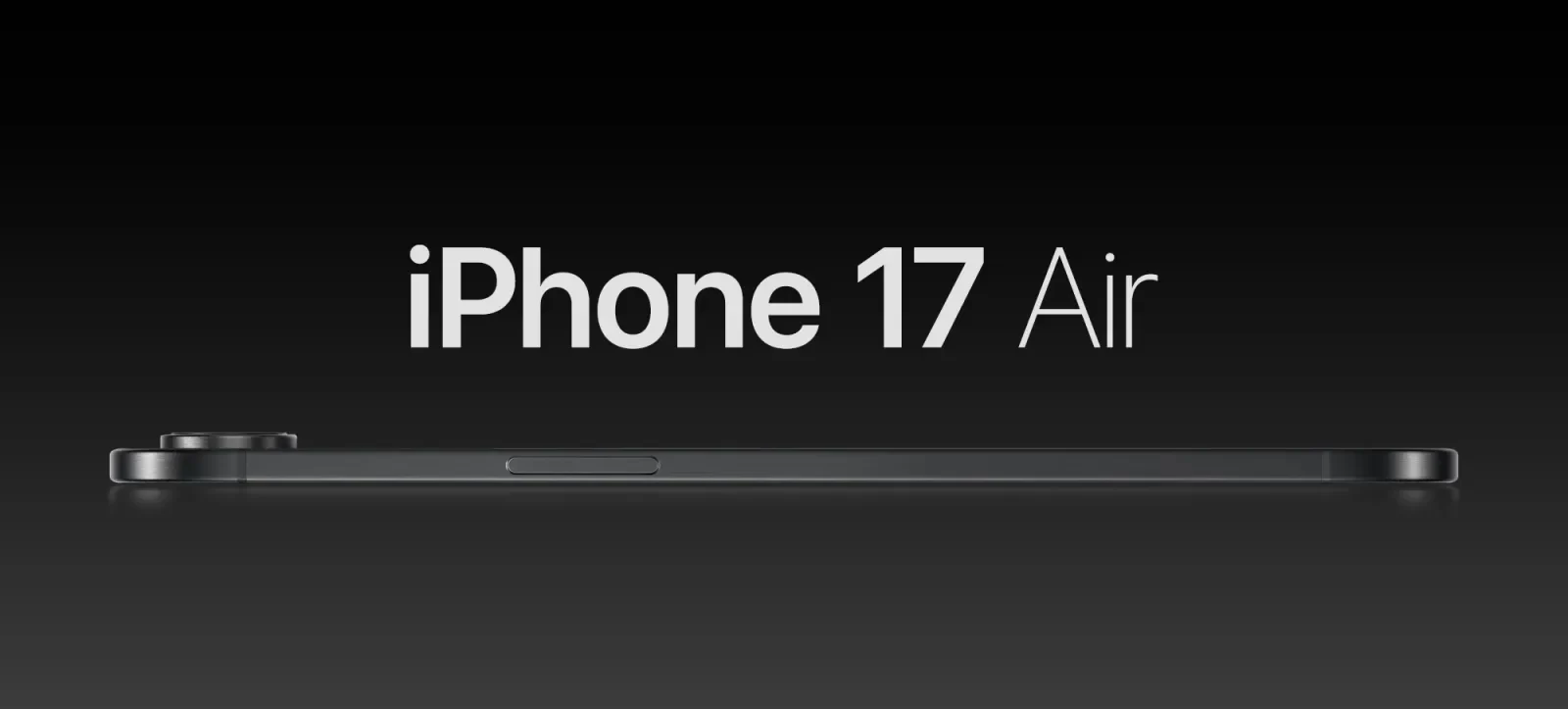Developers on the United States App Store made over $400 billion during the year 2024. We can see that many people make and use apps on the platform due to its success.
Apps created for iPhones, iPads and additional Apple devices brought in significant earnings for developers on the US App Store last year. Including cash from purchasing, subscribing and selling in the app store. The rise is the result of Apple gadgets being used for apps and digital content.
Millions of customers have made the App Store important for developers to reach them. Apple continues to update the store’s offerings to let developers make better apps and expand their businesses. This achievement indicates that the App Store is still a key player in the app business.
Because Apple pays attention to security, privacy and quality, users continue to feel safe in using their apps and services. As more people trust the App Store, they spend more money and this is good for developers and Apple.
All in all, the US App Store reaching $400 billion by 2024 demonstrates its relevance as a place where apps succeed and users discover valuable offers. The report also reveals that more people are buying software from their mobiles.




